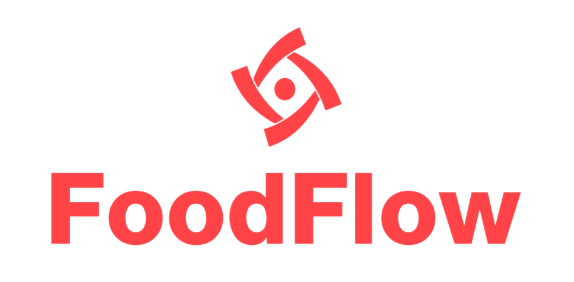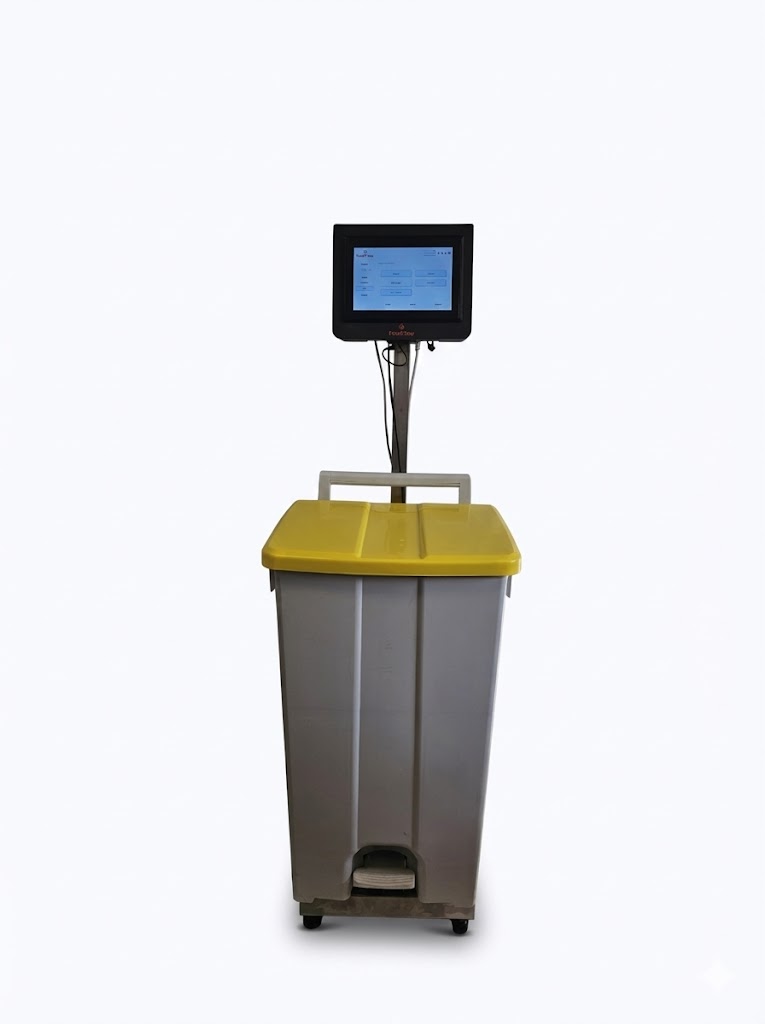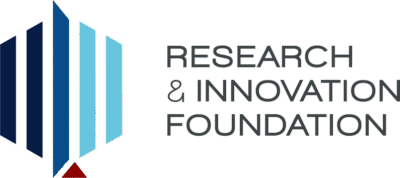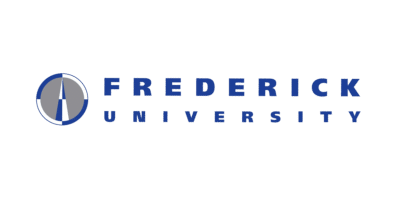Reduce (Top Priority)
FoodFlow identifies the most commonly wasted items allowing you to adjust purchasing and prep quantities immediately.
Reuse
Identify surpluses early to donate or repurpose for staff meals rather than throwing them away.
Recycle
Auto-categorize inedible waste for composting or biofuel routing, keeping it out of the general bin.
Landfill
The least desirable option. Our goal is to get this number to zero by highlighting the cost impact of every kilogram.









